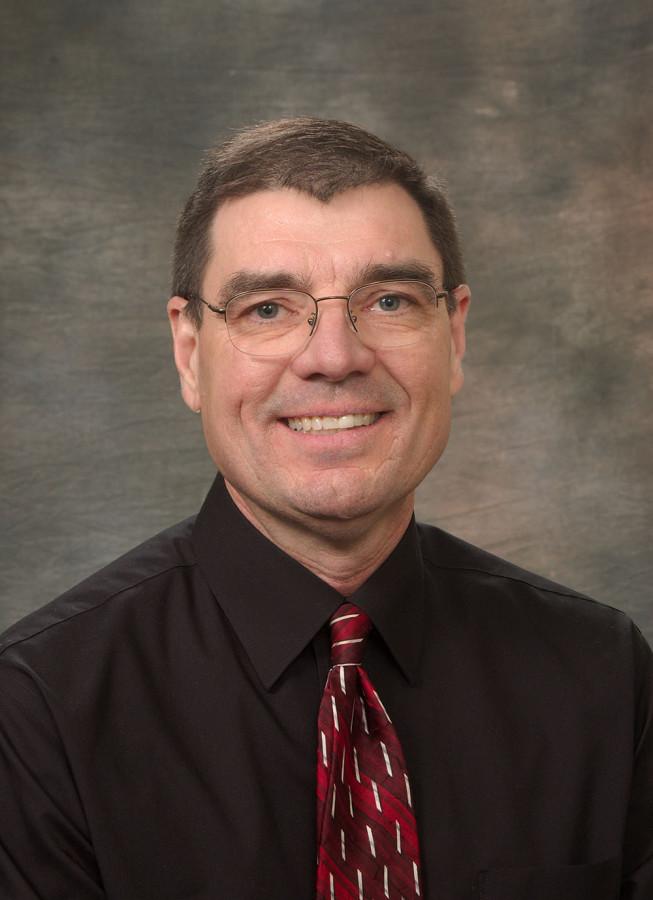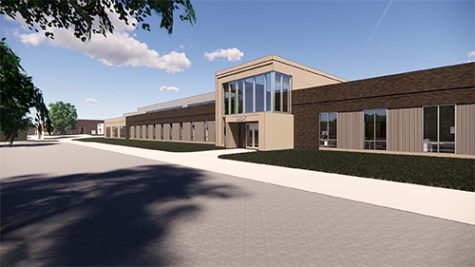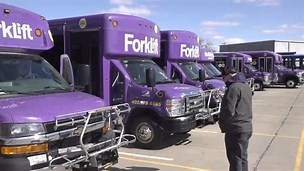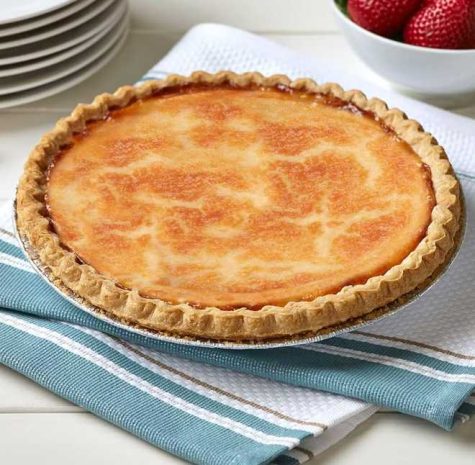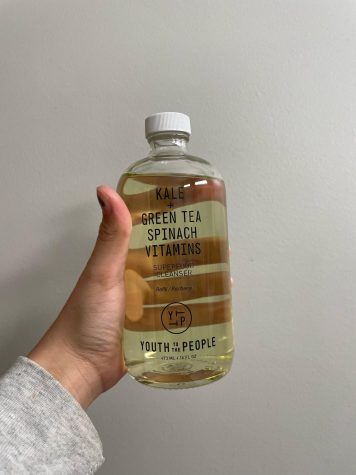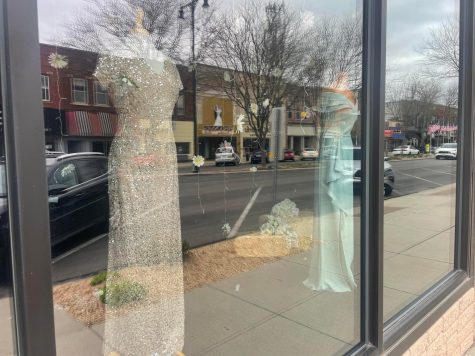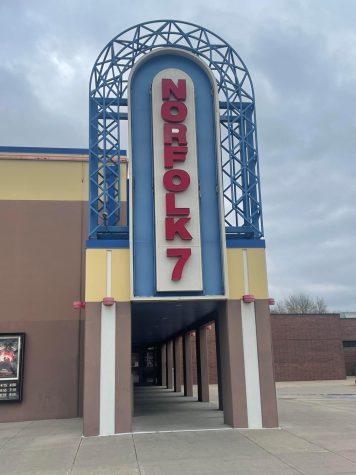Northeast faculty member recognized for water education to children
June 6, 2014
NORFOLK – A member of the Northeast Community College faculty has been recognized for his work in educating school children about the importance of a natural resource that no one can live without – water.
Michael Lechner, agriculture instructor, was recognized recently at the 20th annual Aquafest at Wayne State College. Aquafest is an event Lechner founded in 1994 when he worked for the University of Nebraska-Lincoln (UNL) Extension Service.
“20 years ago when I worked for UNL, I came up with an idea of a water program at Wayne State College. I thought at the time – like I still do today – that water is extremely important and there is no substitute for it. It cannot be replaced with anything!”
Lechner said he went to the Lower Elkhorn, Lewis and Clark and the Papio-Missouri Natural Resources Districts (NRDs) about the idea and received seed money to start the program. All are still financial supporters of Aquafest, which is targeted toward fifth grade students.
Lechner said he had another reason for starting the educational event. “I liked the idea of having elementary students come into a college setting and start learning. I was the EPU (Education Programming Unit) coordinator for five counties (Cedar, Dakota, Dixon, Thurston, and Wayne) and Wayne State College was right in the middle of that area. I approached Dr. (Joe) Johar, who was chairman of the science department at Wayne State at the time, and he supported the idea.”
Lechner said organizers choose to target elementary students because they are still developing thoughts that affect them. “It’s better to have them develop those thought processes about the importance of water early in their lives.” He also said he had outstanding faculty involved from area schools, Wayne State, UNL, and Northeast, including current Chemistry/Physics Instructor Dave Heidt.
Given recent weather phenomena like the drought that continues to plague much of the nation, Lechner is concerned about water’s future. “I think we will continue to use water as an educational piece. It will continue to be in the forefront of issues not only in Nebraska, but in other states. It’s good to educate young people about its importance. For the things that water does, there is no substitute. We often take it for granted. You don’t miss it until the well runs dry.”
When it started 20-years ago, Aquafest was held on the first two-days of spring break in March. It is now held as soon as school dismisses for the summer. This year, over 350 students took part in Aquafest, now coordinated by Jackie Steffen, UNL extension educator in Cedar County.
Lechner does not take time off over the summer when it comes to water education. He teaches 22 students in a crop irrigation summer school class on the Northeast campus in Norfolk. It is one of the larger enrollments he has had in the class.
“These are students who plan to either farm or ranch. I take them out to the crop irrigation districts such as the Calamus, the Lower Loup NRD and Sargent Irrigation District.” Lechner previously taught in that region of the Nebraska Sandhills and still knows people who work in the industry there quite well.
“We go in the tunnels encased in concrete underneath some of the lakes. One of the lakes irrigates 55,000 acres. That may not seem like a lot because they have a million acres surrounding that area that’s well driven. But people out there do buy that Bureau of Reclamation water.” Lechner said it is about $30 for 18 inches of water.
Lechner said in this class he is educating students beyond what they may typically find on their farm or ranch. Students will do a chemigation test that is coordinated through local extension offices and certified by UNL. In addition to bringing industry professionals into the classroom, he takes students to the Tyson Foods plant in Madison, which runs its water three-and-a-half miles south of the facility to where the company has six lagoons. The water is then run through 15 different pivot irrigation systems using telemetry.
“This has been used for ten plus years – it’s an older technological process, but instead of running the water down a creek, it is being cleaned up and used for a different purpose,” Lechner said. Class members also tour the Zimmatic irrigation plant in Lindsay and the UNL Research Station at Concord.
Students in Lechner’s crop irrigation summer class are freshmen entering their sophomore year and primarily majoring in diversified agriculture at Northeast. As part of the program, the students have to be involved in some sort of summer experience. “They need to work or intern for 480 hours (12 weeks at 40 hours a week) or take this summer class which meets from 8-5 over a 14-day period.”
Lechner hopes every student succeeds, not only to be employed, but to keep another component of agriculture alive. “We need young people back on these farms,” he said.



